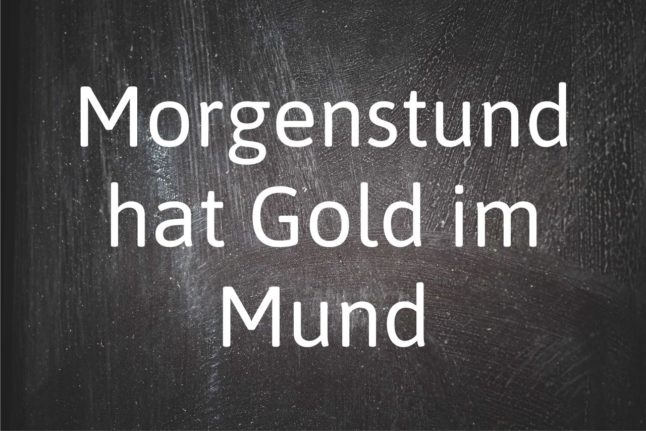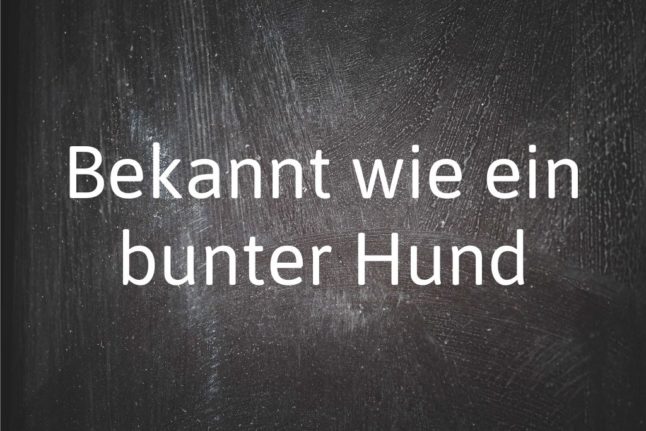Directly translated to “The morning hour has gold in its mouth,” this phrase means that those who wake early in the morning are rich with time and opportunity.
This saying imparts the wisdom of waking up early in the morning and implies that those who do so are successful.
This phrase also exists in Dutch (“Morgenstond heeft goud in de mond”), and has a similar meaning to “Early bird catches the worm,” although the Germans have a direct translation for that as well: “Der frühe Vogel fängt den Wurm.”
‘Dawn is a friend of the muses’
Erasmus von Rotterdam, one of the most influential scholars of the northern Renaissance, wrote this phrase to encourage his students in Holland, advising that the best work one can do is often in the earliest hours of the day.
The linguistic origin of this phrase comes from the Latin “aurora habet aurum in ore.” Another similar Latin adage captures a similar message: “Aurora musis amica” translates to “Dawn is a friend of the muses.” Inspiring ideas, creativity, and productivity perhaps come to those who awake early.
An English version of this phrase was uttered often by Benjamin Franklin, founding father of the United States, who was quite famous for espousing the benefits of waking early in the morning.
Examples:
Wenn du morgen viel zu tun hast, wach am besten um fünf Uhr morgens auf. Morgenstund hat Gold im Mund!
If you have a lot to do tomorrow, it is best to wake up at 5:00 am. Early bird catches the worm!
Das Licht des frühen Morgens ist so schön und inspiriert mich, produktiv zu sein! Morgenstund hat Gold im Mund!
The early morning light is so beautiful and inspires me to be productive. The mornings are golden!.



 Please whitelist us to continue reading.
Please whitelist us to continue reading.
Member comments